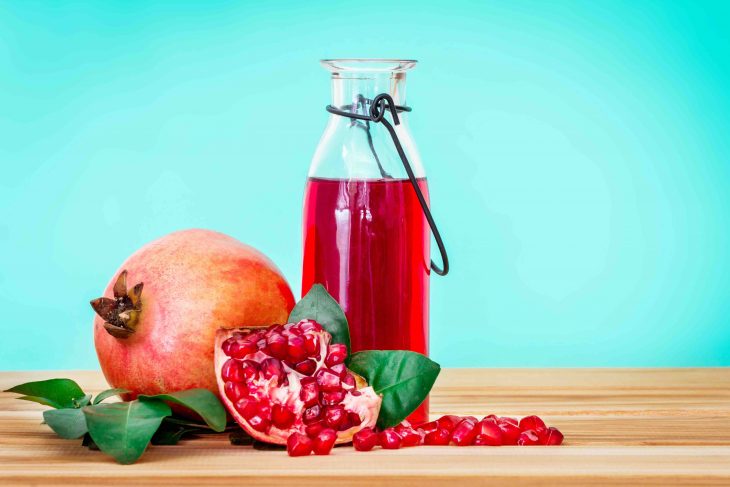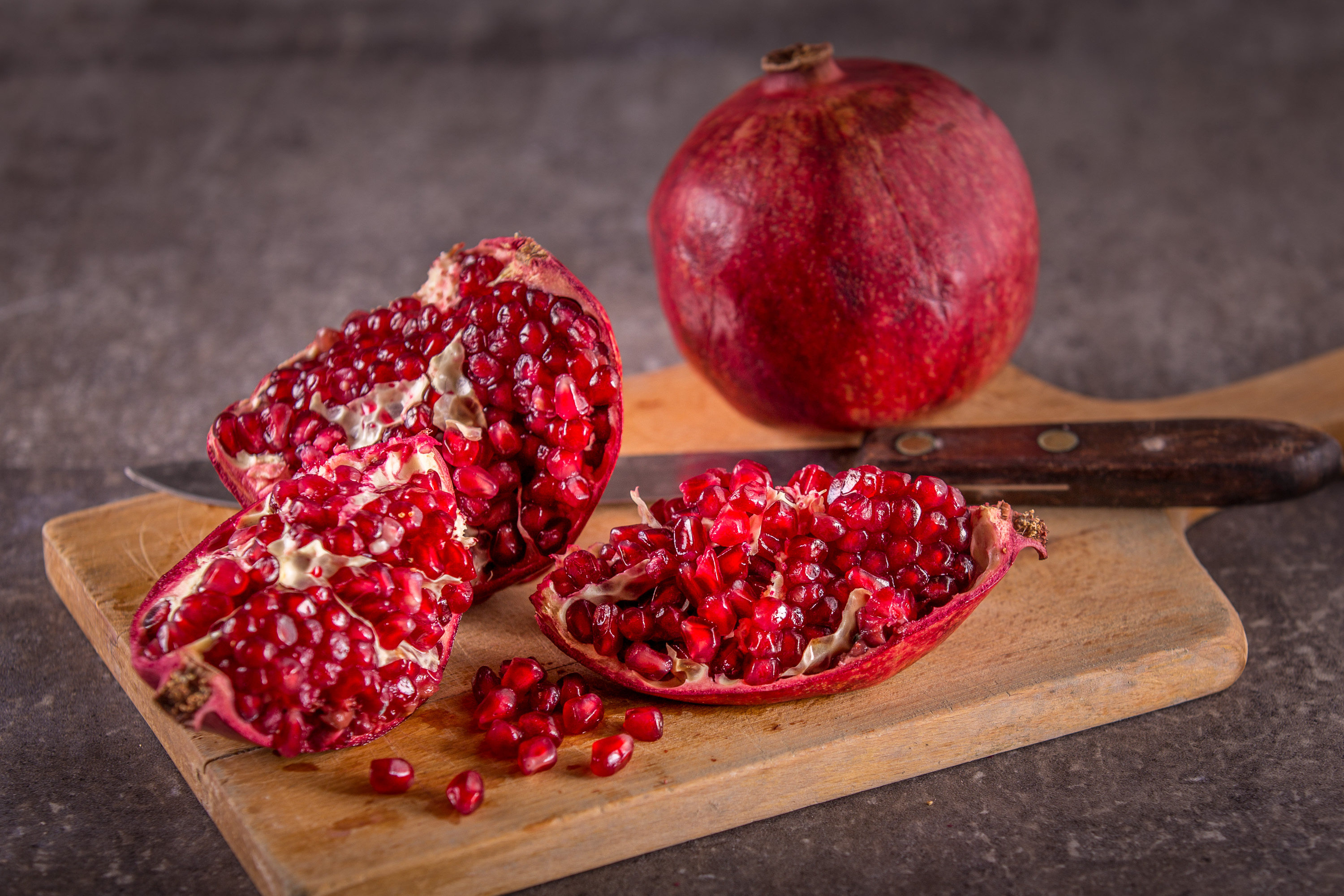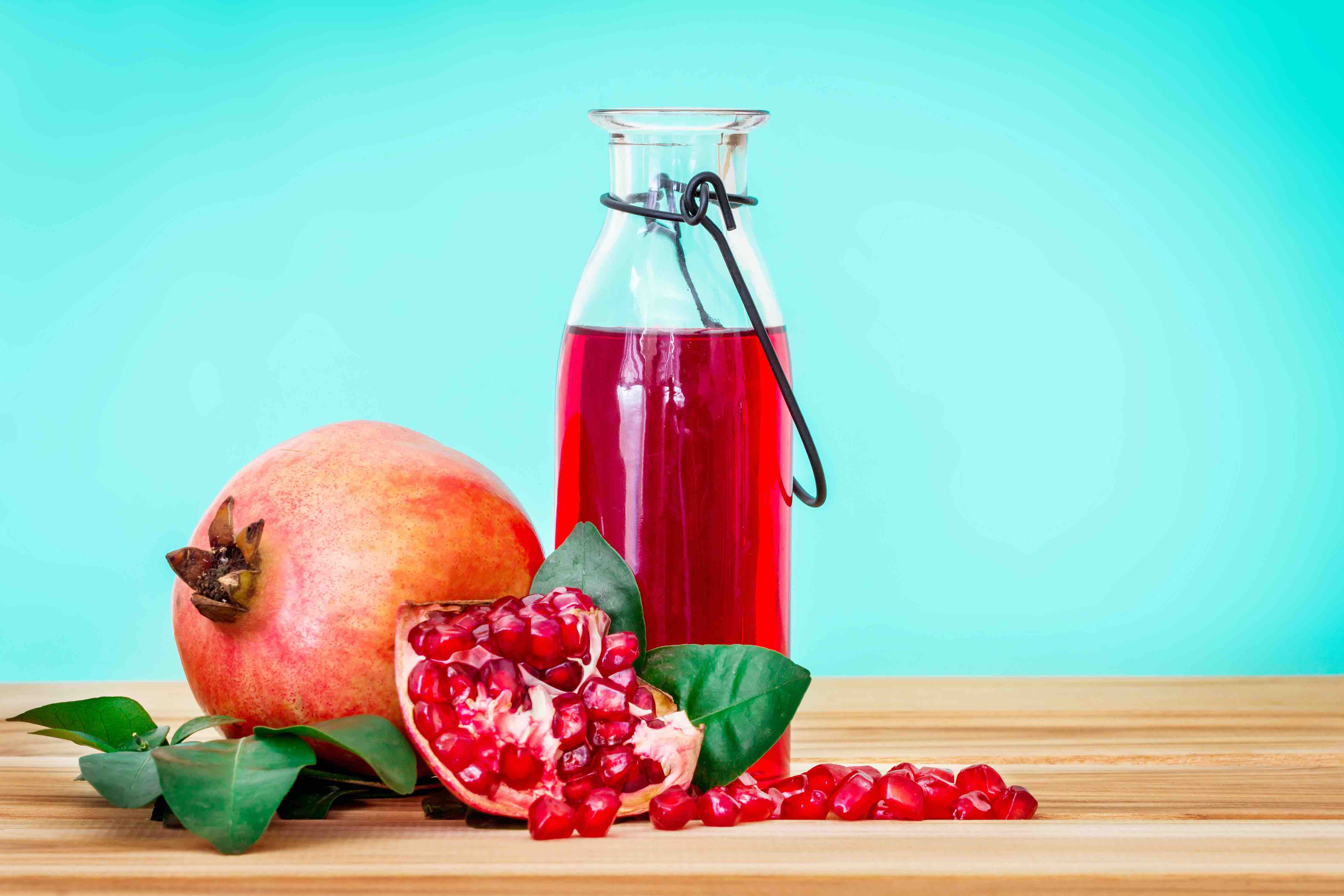
Grenadine is a versatile and flavorful syrup known for its vibrant red color and sweet taste. Whether you’re enjoying a refreshing cocktail or adding a splash of excitement to your favorite recipe, grenadine can elevate the flavors and aesthetics of your creations. But have you ever wondered about the nutritional aspects of grenadine? In this article, we’ll explore 18 nutrition facts about grenadine, shedding light on its composition and potential health benefits.
Low in Calories
Grenadine syrup is relatively low in calories, making it a guilt-free addition to your favorite beverages. One fluid ounce (30 ml) of grenadine contains approximately 80 calories.
Carbohydrate Content
Grenadine syrup is primarily composed of carbohydrates. One fluid ounce (30 ml) of grenadine typically contains around 21 grams of carbohydrates.
Sugar Content
Grenadine syrup is known for its sweetness, and that sweetness comes from sugar. One fluid ounce (30 ml) of grenadine contains approximately 20 grams of sugar. It’s important to be mindful of your sugar intake and enjoy grenadine in moderation.
Source of Vitamin C
Some grenadine syrups derived from pomegranates may provide a small amount of vitamin C. Vitamin C is an essential nutrient known for its antioxidant properties and its role in supporting the immune system. However, the exact vitamin C content may vary depending on the specific brand or recipe.

Fat and Protein Content
Grenadine syrup is virtually fat-free and contains minimal protein. This makes it a suitable choice for individuals who are watching their fat or protein intake.
Sodium and Cholesterol-Free
Grenadine syrup is naturally free of sodium and cholesterol. This makes it a favorable option for those who need to limit their sodium or cholesterol consumption.
Limited Fiber Content
Grenadine syrup is not a significant source of dietary fiber. It contains negligible amounts of fiber, as it is primarily composed of sugars and flavorings.
Natural and Artificial Flavorings
The composition of grenadine syrup can vary depending on the brand and recipe. Some products may use natural flavorings derived from pomegranates, while others may rely on artificial flavorings to achieve a distinct taste and aroma.
Versatile Ingredient
Grenadine syrup is not limited to cocktails. It can be used as a flavoring agent in various culinary creations such as desserts, marinades, sauces, and salad dressings. Get creative and experiment with grenadine to add a unique touch to your dishes.

Potential Health Concerns
Individuals with diabetes or those following a low-sugar diet should exercise caution when consuming grenadine syrup due to its sugar content. Always consult with a healthcare professional or registered dietitian if you have specific dietary concerns or restrictions.
Sugar Alternatives
If you’re looking for a lower-sugar option, you may consider using sugar-free or reduced-sugar grenadine alternatives available in the market. These products are formulated to provide the taste of grenadine with fewer carbohydrates and calories.
Moderation is Key
While grenadine syrup can enhance the flavor of your favorite beverages and recipes, it’s important to consume it in moderation. Due to its high sugar content, excessive consumption may contribute to weight gain and potential health issues associated with high sugar intake.
Pairing with Nutrient-Dense Foods
To balance the sugar content, consider combining grenadine syrup with nutrient-dense ingredients like fresh fruits or incorporating it into recipes that provide a range of essential nutrients. This way, you can enjoy the flavors while incorporating healthier elements into your diet.

Final Thoughts
In conclusion, grenadine syrup adds a delightful touch to cocktails and recipes, but it’s essential to be mindful of its sugar content and consume it in moderation. Whether you’re enjoying a fruity beverage or experimenting in the kitchen, understanding the nutritional aspects of grenadine can help you make informed choices and maintain a balanced diet.
Frequently Asked Questions
Does grenadine have a lot of sugar?
Yes, grenadine syrup contains a significant amount of sugar. One fluid ounce (30 ml) of grenadine typically contains around 20 grams of sugar. It is important to consume grenadine in moderation, especially if you are mindful of your sugar intake.
Does grenadine have carbs in it?
Yes, grenadine syrup contains carbohydrates. One fluid ounce (30 ml) of grenadine typically contains approximately 21 grams of carbohydrates, primarily from sugar.
Is grenadine just cherry syrup?
Grenadine syrup is not simply cherry syrup. Traditional grenadine is made from pomegranate juice and sugar. However, some commercially available grenadine syrups may use artificial flavorings and colorings instead of pomegranate juice. It’s always best to check the product label or ingredients list for accurate information.
Is grenadine a sweetener?
Grenadine syrup is often used as a sweetening agent in beverages and recipes. However, it is important to note that its primary purpose is to provide flavor rather than being a dedicated sweetener like sugar substitutes or artificial sweeteners.
What is grenadine made from?
Traditional grenadine syrup is made from pomegranate juice and sugar. However, there are variations in recipes, and some commercial brands may use different ingredients, including artificial flavors and colorings. Reading the product label or checking the ingredients list can provide specific information about the composition of a particular grenadine syrup.
Was this page helpful?
Our commitment to delivering trustworthy and engaging content is at the heart of what we do. Each fact on our site is contributed by real users like you, bringing a wealth of diverse insights and information. To ensure the highest standards of accuracy and reliability, our dedicated editors meticulously review each submission. This process guarantees that the facts we share are not only fascinating but also credible. Trust in our commitment to quality and authenticity as you explore and learn with us.
